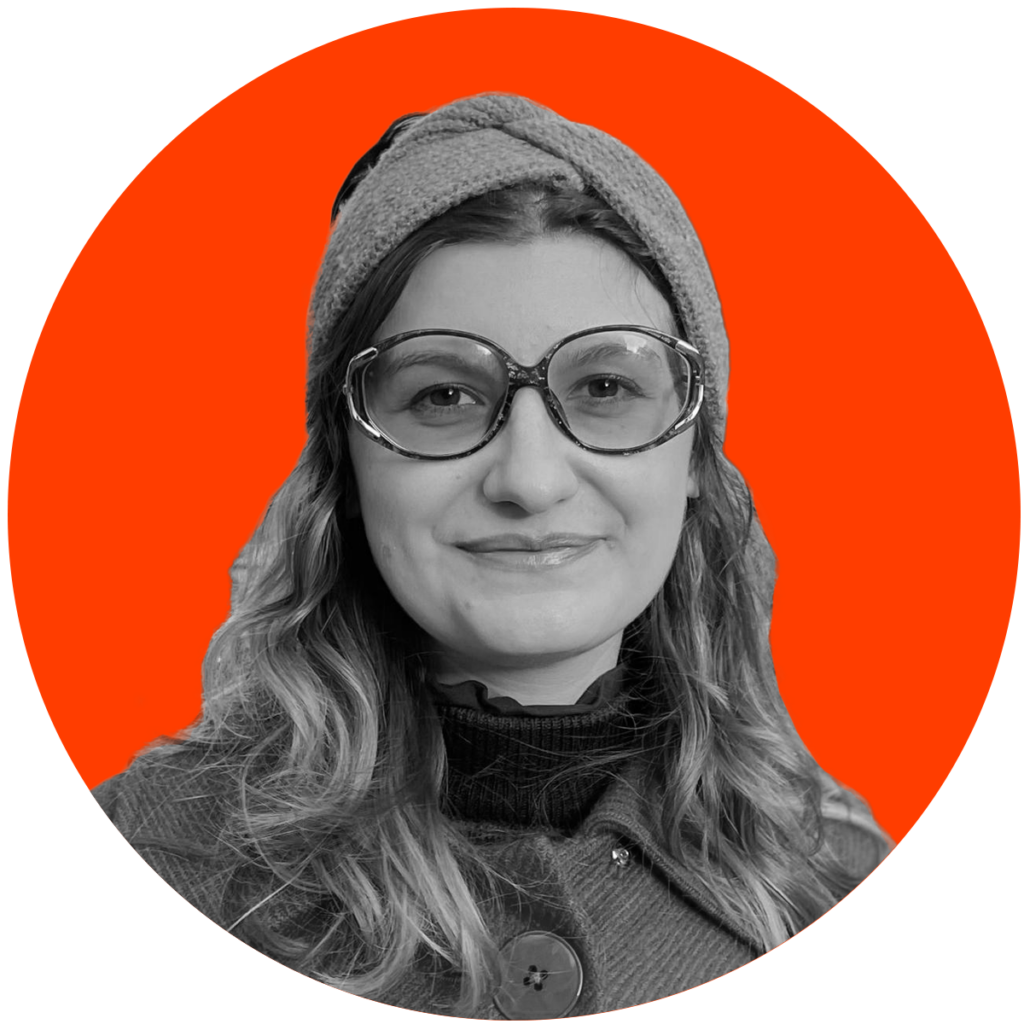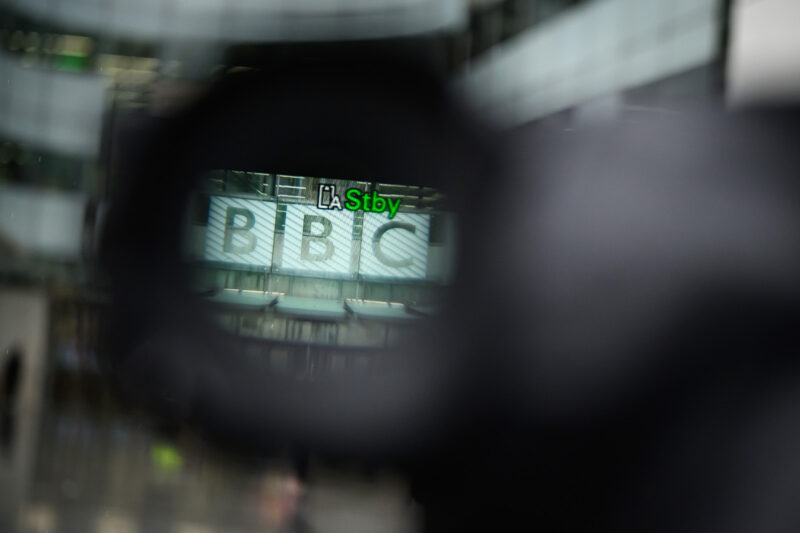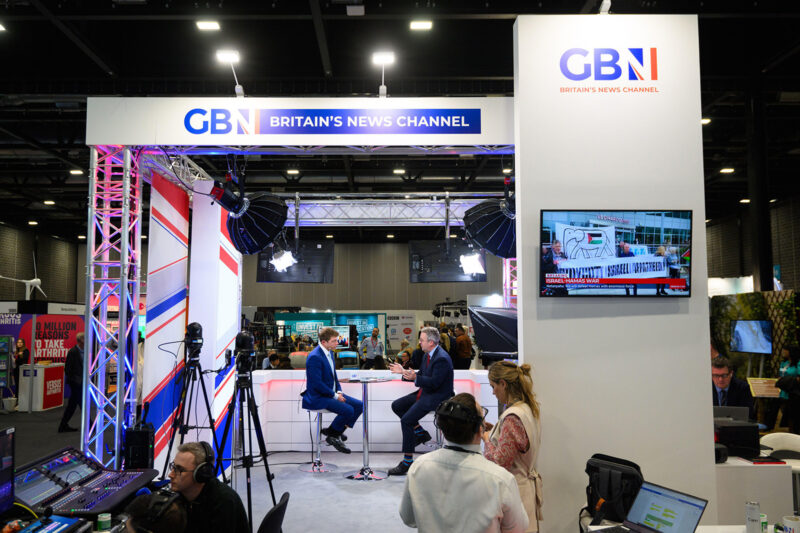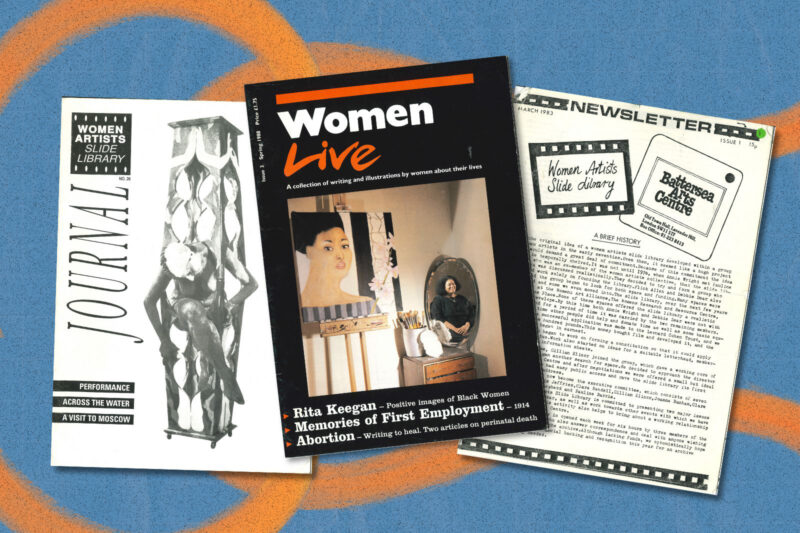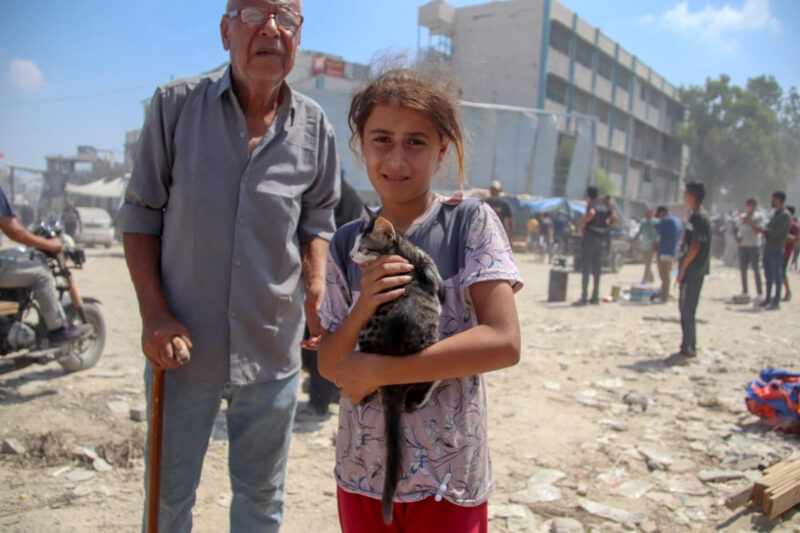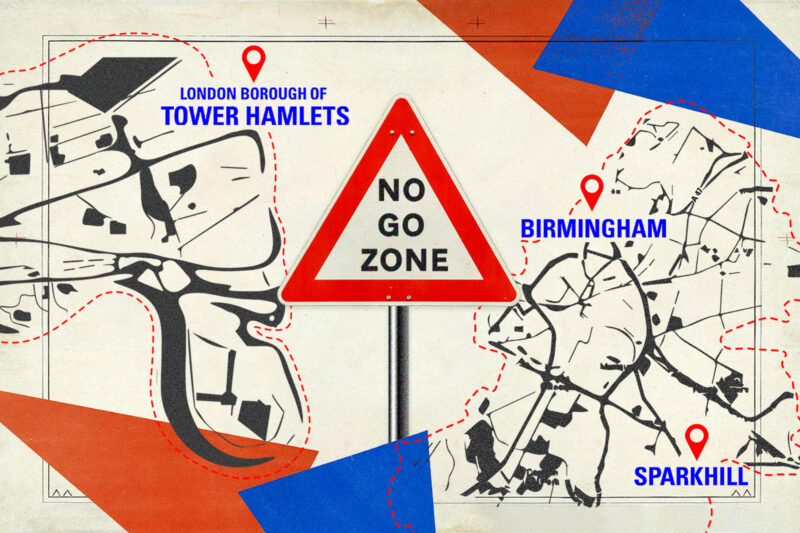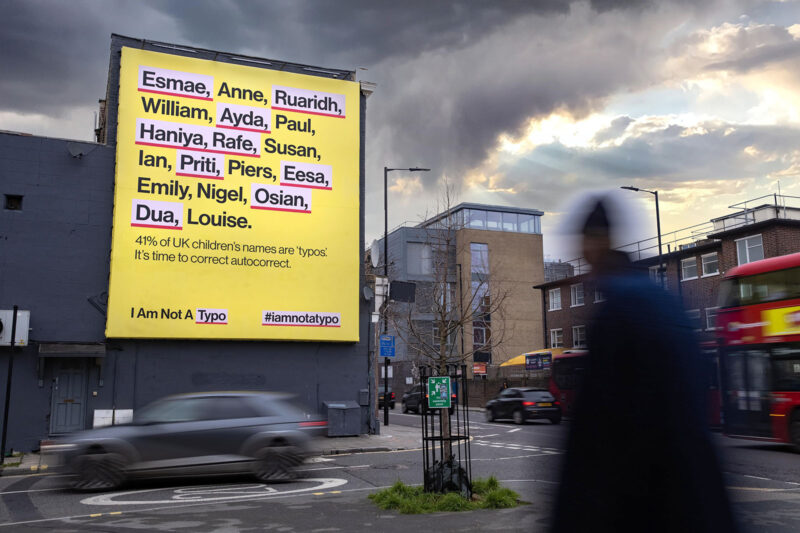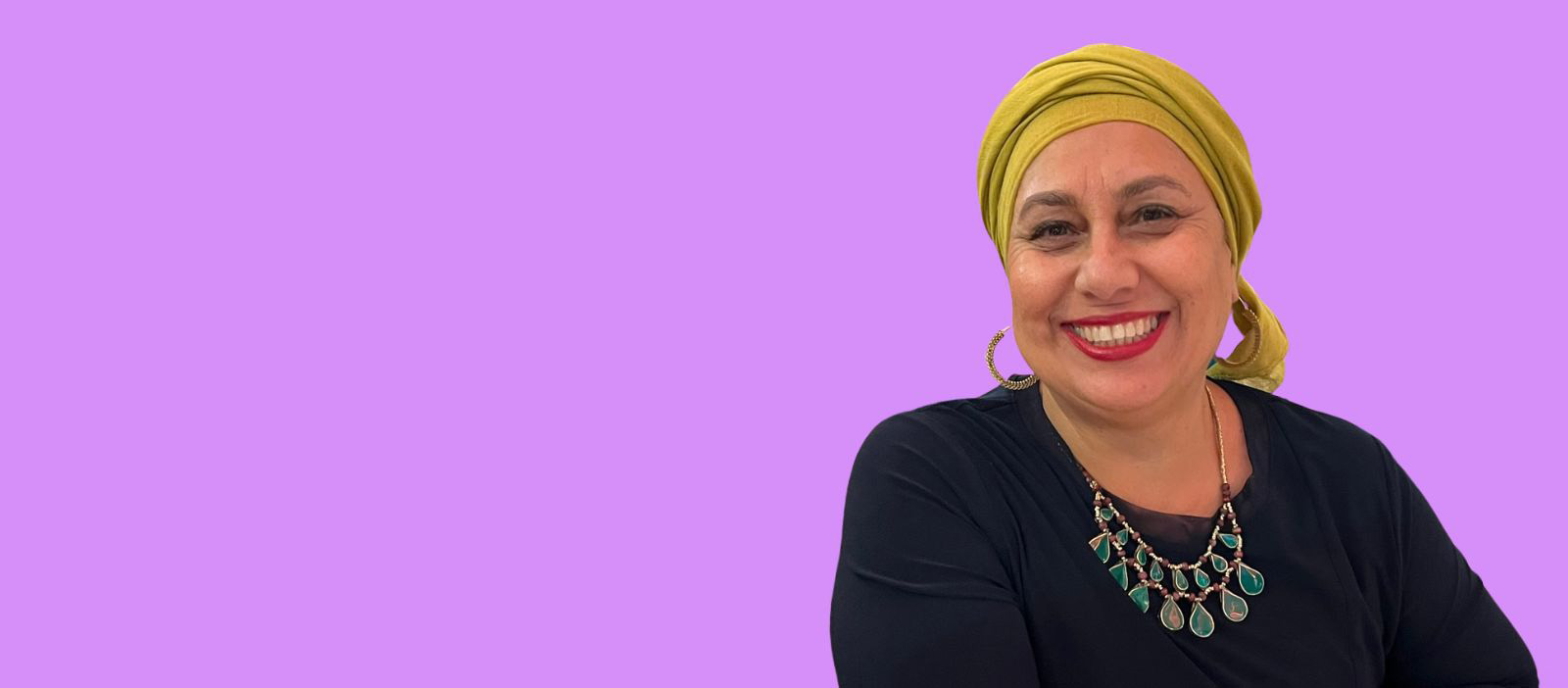
Rizwana Hamid Q&A: ‘In a small way every journalist has the power to make a difference’
Rizwana Hamid is a journalist and director of the UK’s Centre for Media Monitoring. Photograph courtesy of Rizwana Hamid
The director of the Centre for Media Monitoring on the new challenges facing Muslim journalists and audiences today
Rizwana Hamid is an award-winning documentary producer and director who paved the way for a new generation of Muslim journalists in the UK. Her career began when she freelanced for print publications as a student in the 1980s, before moving into broadcast journalism as a contributor to the BBC in 1988. Throughout her career of more than 30 years, her investigative films have won awards and led to policy changes.
In 2018 Hamid joined the Centre for Media Monitoring, a project launched by the Muslim Council of Britain to improve Britain’s media landscape. The centre seeks to encourage fair and responsible coverage of Muslims and Islam in mainstream media, by compiling reports on negative trends, engaging with journalists and editors, and promoting good practices.
She spoke to Hyphen about her career in journalism, and the new challenges facing Muslim journalists and audiences, especially following the 7 October attacks and Israel’s ongoing war on Gaza.
Why did you decide to go into journalism?
I always had a passion for giving a voice to the underdog. I was passionate about truth and justice as well as naively wanting to change the world through the power of the pen. I now know that is difficult, but I do think in a small way each and every journalist has the power to make a small difference. I wanted to write about and make films about communities and countries that were either under-reported or misrepresented in order to redress the balance.
Over the course of 30 years, I made films which were presented as evidence in inquiries, such as Inside Justice, on the disproportionate amount of deaths of Black men in the Broadmoor high-security psychiatric hospital, or the film about British museums holding the heads of Aborigines since the 19th century for scientific experiments.
I also managed to persuade the leaders of two warring factions in Angola to appear in the same film, which was unprecedented. Gaining exclusive interviews with heads of state or controversial figures such as Robert Mugabe gave an insight into the minds and lives of such individuals at a time when they were refusing to engage with the media. I hope my films have made a small dent.
How has the media landscape changed since you first became a journalist?
It’s difficult to say whether it has improved or not for Muslim journalists. When I first started working in 1988 it was pre 9/11 but we were facing many of the same problems: misrepresentation, the lack of diversity within the workforce, stereotypes being perpetuated.
Before, I could count on my hand the number of Muslims or people of African-Caribbean background or Asians who worked within the media. There are more Muslim journalists today, so there is a bigger support network amid this discrimination. But I think it’s a question of constantly pushing — pushing for acknowledgment of Islamophobia and stereotyping, and challenging these forms of racism which are still prevalent.
In fact, Islamophobia is far more widespread now than when I started out. I would say in the last two years since GB News and Talk TV have come on to the media landscape, the Islamophobic content in the media has just gone off the scale.
What have been the key successes of the Centre for Media Monitoring since its launch in 2018?
We are in a place where we are very well established and well respected in the media. All outlets — except for one or two like the Daily Telegraph — engage with us. They attend events where we present our evidence base, release reports and have panel discussions on topics relating to Islamophobia in the media. We have one-to-one meetings with them, presenting them with evidence of their outlet’s problematic coverage of Muslims and Islam, whether that is in relation to inaccurate or misleading stories, terminology, framing, context, unreliable sources or headlines. We make recommendations which we hope they will incorporate into their editorial guidelines. Some things they accept, other things they don’t, but at least they are engaging with us, and they recognise that the work we do is of a high quality, valuable and informative.
Have you noticed the coverage of Muslims and Islam change in your time at the CfMM?
Prior to 7 October, we did see some movement. We noticed that we were not having to complain against biased, misleading or inaccurate coverage as often. Outlets were taking on board our suggestions and were beginning to implement them. But since 7 October, we feel that we’ve moved backwards exponentially.
This has been a very interesting year because as well as the invasion of Gaza we had an election followed by far-right riots. And what we saw is that tropes — which were previously on the dark corners of the web on far-right platforms — have now entered many sections of mainstream media. For example, that the religion itself is inherently violent and therefore Muslim equals terrorism and terrorism equals Muslim.
We’ve also seen “Islamism” being used constantly to label Muslims who are just exercising their democratic right to protest, their right to challenge foreign policy, their right to call for an arms embargo when it comes to Israel, or their rights to call for a ceasefire. These are now being framed as “extremist” or “Islamist”. So that’s a really worrying trend.
You’ve dedicated your professional life to the media, starting as a young reporter in the 1980s. What advice would you give young journalists today?
First and foremost, learn the tools of your trade and be a damn good journalist. Learn all the techniques and skills because ultimately that’s what you’re going to be judged on.
Many people mention imposter syndrome because you’re suddenly in an environment that you thought you could never be in. But you deserve to be there. You have a right to be there. Try to be bold and challenge your editors and peers when you come across things that you clearly know are misrepresenting your community or your religion. Bring in your perspectives and lived experiences to stories relating to Muslims and Islam.
If you identify as Muslim, if your faith guides you, you are going to come up against huge challenges whilst working within mainstream media. But nevertheless, it’s a huge privilege to be a journalist.
 Newsletter
Newsletter

